Assassin’s Creed Mirage is taking a break from the Ubisoft franchise’s steady stream of open-world RPGs with a return to stealth-focused missions. We’ve played it and love what we’ve seen so far, but its gameplay isn’t the only thing that has us excited. Its protagonist, Basim, seems ready to step into place as yet another one of the series’ standout lead characters. After first appearing in 2020’s Assassin’s Creed Valhalla, we’ll follow our new hero as he ascends through the ranks of the Hidden Ones and sneaks through a focused reimagining of 9th-century Baghdad. With diverse and rich settings as well as a strong, established main character, Assassin’s Creed Mirage is primed to potentially deliver one of the franchise’s best stories.
We wanted to learn more about how the Assassin’s Creed Mirage story fits into the franchise and the real-world location it’s based on, so we sat down for a quick chat with narrative director Sarah Beaulieu. During the interview, we learned more about Basim and the characters that surround him, as well as some of the historical events that players will experience.
Related: Assassin’s Creed Mirage Is One of the Best Ubisoft Games I’ve Played in Years
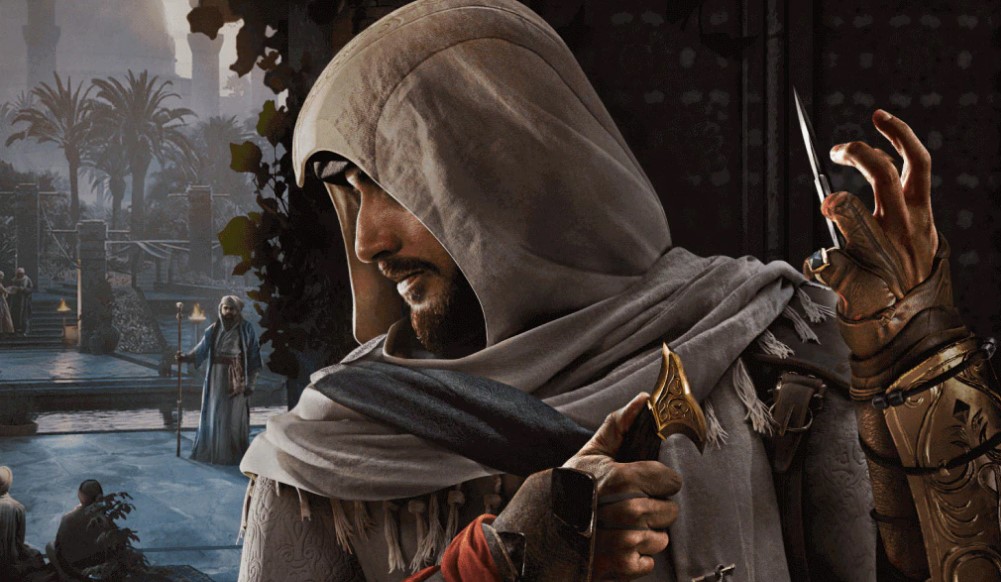
The Escapist: Tell me about yourself and your experience. I’d also like to know why you and the rest of the Ubisoft Bordeaux team are the perfect team to tackle Assassin’s Creed Mirage.
Sarah Beaulieu: As for myself, my name is Sarah Beaulieu. I’m the narrative director on Assassin’s Creed Mirage. I’ve been working as a writer for 15 years, or almost as long as Assassin’s Creed. I’ve been working for movies, theater, VR, video games, interactive fiction, interactive exhibitions, and all that stuff. Concerning the team of Ubisoft Bordeaux, I’m going to tell you that we’re very involved in the project and have been from the beginning.
We’re a bunch of veterans. I’m the youngest, but the others, like me, they played the first Assassin’s Creed back in the day when it came out. We have fond memories of what was Assassin’s Creed at that point… We wanted to go back to this moment, where Assassin’s Creed was stealth, parkour, and assassination. That was our three pillars right from the beginning. We’ve worked on it, I think, with a strong energy because this is our first lead project at Ubisoft Bordeaux. Before that, the team worked on the Valhalla expansion, Wrath of the Druids.
We’ve had great motivation on this project, and everybody put a lot of themselves into it.
I’d love for you to talk to me about the themes that you explore in Assassin’s Creed Mirage. What kind of story are you trying to tell?
Sarah Beaulieu: It came up very early that we were working on something about identity. Did you play Valhalla?
I did.
Sarah Beaulieu: Great. So, you know where we’re going, slowly, for the character of Basim. You don’t know how, but we’re going there. It was clear that we had a character that was very complex and complicated and had, you know, issues, personal issues, and personal struggles that we wanted to tackle. Identity is really there through the game. ‘What is my place in the world? Where do I belong? Who am I really? What do people want from me?’ That’s something that Basim really struggles with.
Supporting Basim, you have Roshan, the mentor. Roshan, she’s all about the Hidden Ones. She’s pushing Basim in that direction. ‘You have to fight for justice. You belong to something now.’ That is the Hidden Ones. On the other side, you have Nehal, Basim’s best friend, and she’s all about, ‘You have to think about yourself first.’ These two characters, also with Ali ibn Muhammad, the leader of the rebellion, they all support Basim’s evolution in that sense.
Basim is all about internal struggle and external struggle, the conflict with the Hidden Ones and the Order of the Ancients. On the other side, he struggles with his own conflict and his own identity. So that’s the theme for the whole project, but we also talk a lot about destiny. As a player, if you played Valhalla, you know where this is going. At some point, it should feel a little bit weird to know where you are living Basim as a player because that’s you playing. That’s you interacting with the character. That’s you who is actually molding Basim’s destiny in some way.
The meaning of freedom was something we wanted to tackle, too, because it’s core to Assassin’s Creed as a franchise. What is freedom, really? In that sense, we also have different types of characters, like, again, Roshan, Nehal, and Ali, and all of them have different views on freedom. That’s core to the franchise, and that’s core to the story, too, especially in Mirage.
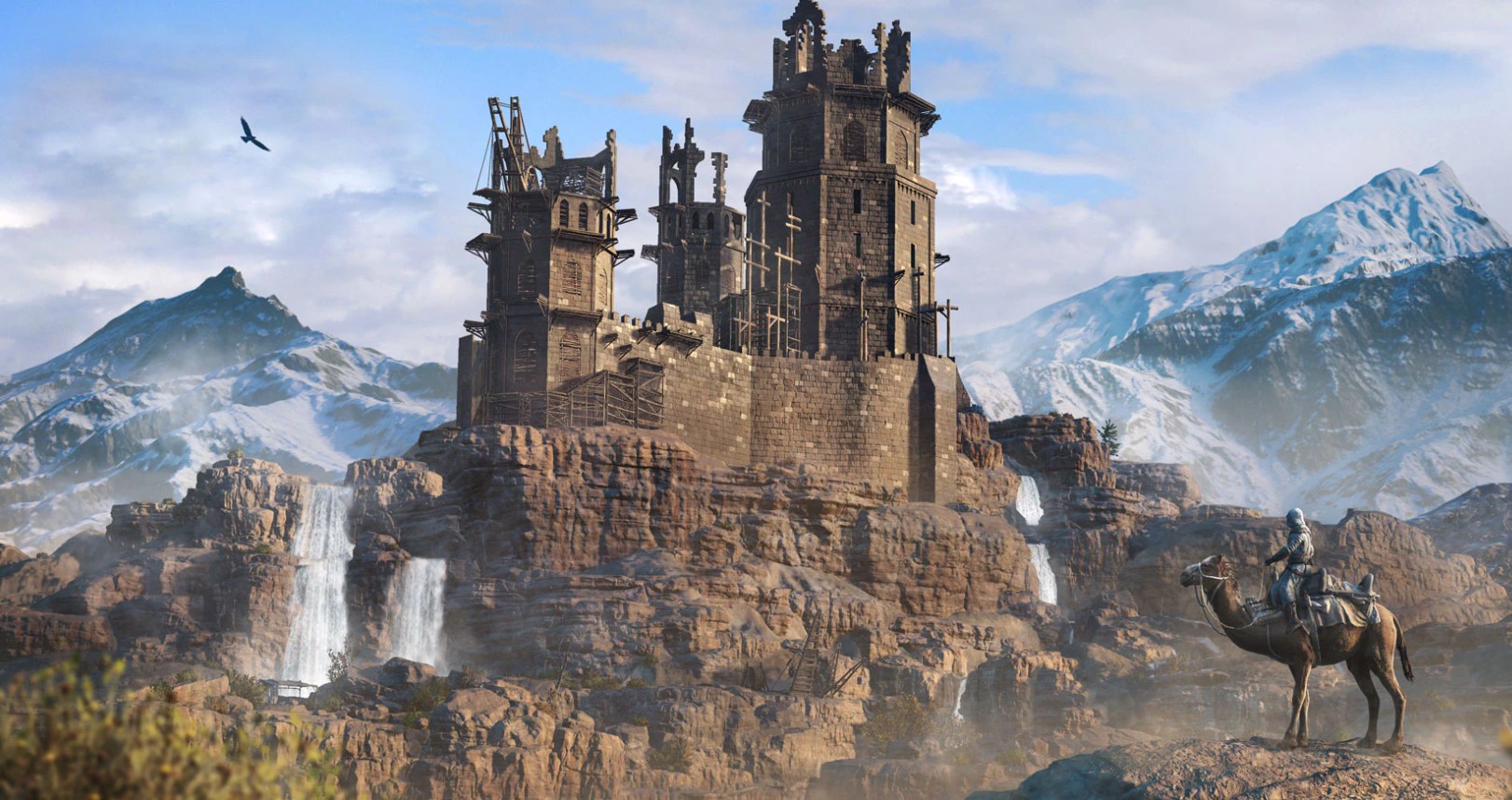
What was it like creating this backstory for Basim when he had already been introduced in Valhalla? Was it difficult to create the character knowing that he has a predetermined fate?
Sarah Beaulieu: Well, no. I like to do the comparison with romantic comedies, for example. You know where it’s going to lead. You know at the end of the story people will get together and this is going to end well. That’s a romantic comedy, but what you don’t know and what makes you excited as someone watching the movie is how this is going to work. How this is going to happen? So, you’ve waited for this moment to happen. How is it going to intertwine?
That was not difficult because the page was blank. If you played Valhalla, you know that Basim doesn’t talk very much. We have a bunch of clues here and there. We knew he grew up in Samarra. We know he had a dad who was an architect back in the day. We had clues, but we didn’t have anything except the very big element from Valhalla. We had complete freedom, so what I did was I talked to Darby McDevitt, the narrative director of Assassin’s Creed Valhalla, to make sure we wouldn’t do anything that would contradict Valhalla and the character in the lore.
It wasn’t complicated, per se, but it was challenging, for sure. I don’t know what you think about Basim in Valhalla, but most of the time, it’s like, ‘He’s the bad guy. I don’t want to play this guy. Why would I play this guy?’ etc. The challenge was more into, ‘How can we make sure, in the first minutes of the game, as a player, you feel like you discover a new character, and he’s likable right away.’ What makes him likable? That was the challenge. How can we make him compelling as an assassin, and how can we make him likable?
Assassin’s Creed allows players to live out important moments throughout history. Can you talk about the historic moments we’ll get to explore in Mirage?
Sarah Beaulieu: Without going too much into detail so as not to spoil everything, we are at a very specific period of time in Baghdad, that is the beginning of what is called the Zanj Rebellion. The Zanj were a bunch of people, mostly slaves because there was some slavery in Baghdad, mostly people coming from East Africa, but also people coming from the Middle East in general and other countries. They started to rebel against the Caliphate, which, as you know in Assassin’s Creed, we love these kinds of stories where people are rising for justice and trying to rebel against the order in place.
That’s the setting we chose, but what we tell is pretty much the beginning. The real big moment in history happens a few years later, but we were depending on Basim’s age, so we couldn’t do that at that exact point. So, what we wanted to tell was how it started and how the Hidden Ones are involved in it. Ali ibn Muhammad is a historical character, and he’s there in Mirage. We understand what could have been the beginning of this rebellion through the Hidden One’s eyes and Ali’s eyes, too.
Related: Assassin’s Creed Mirage Is Getting a Haptic Feedback Gaming Suit, If You’re into That Sort of Thing
Was the team ever worried that there would be pushback from fans when Mirage was revealed to be a more compact and shorter Assassin’s Creed game? Were you worried that fans wouldn’t be interested in a return to this classic formula?
Sarah Beaulieu: Worried is not the right word for it. I mean, obviously, you want to make sure that people are happy about what you’re doing. Obviously, not all of them are going to be happy about it; we knew that. We were also very, very much aware that there are fans of the first Assassin’s Creed and fans that came a little bit after that, so they are more familiar with the big, open worlds like Valhalla. That’s two different types of players, really. The RPG side, too. We weren’t worried, but also, we knew it was compelling because we liked it. We’re players first.
We knew that there was something there. We knew the historical setting was solid. We knew that Basim was a solid character. We thought, ‘OK. We’re very excited about it. We’re going to push a lot for it, and we think that there is something to do there.’ So, we weren’t worried. We were just working, hoping it would work, working hard, and making sure we would do something as compelling as possible and as enjoyable for people as possible too.
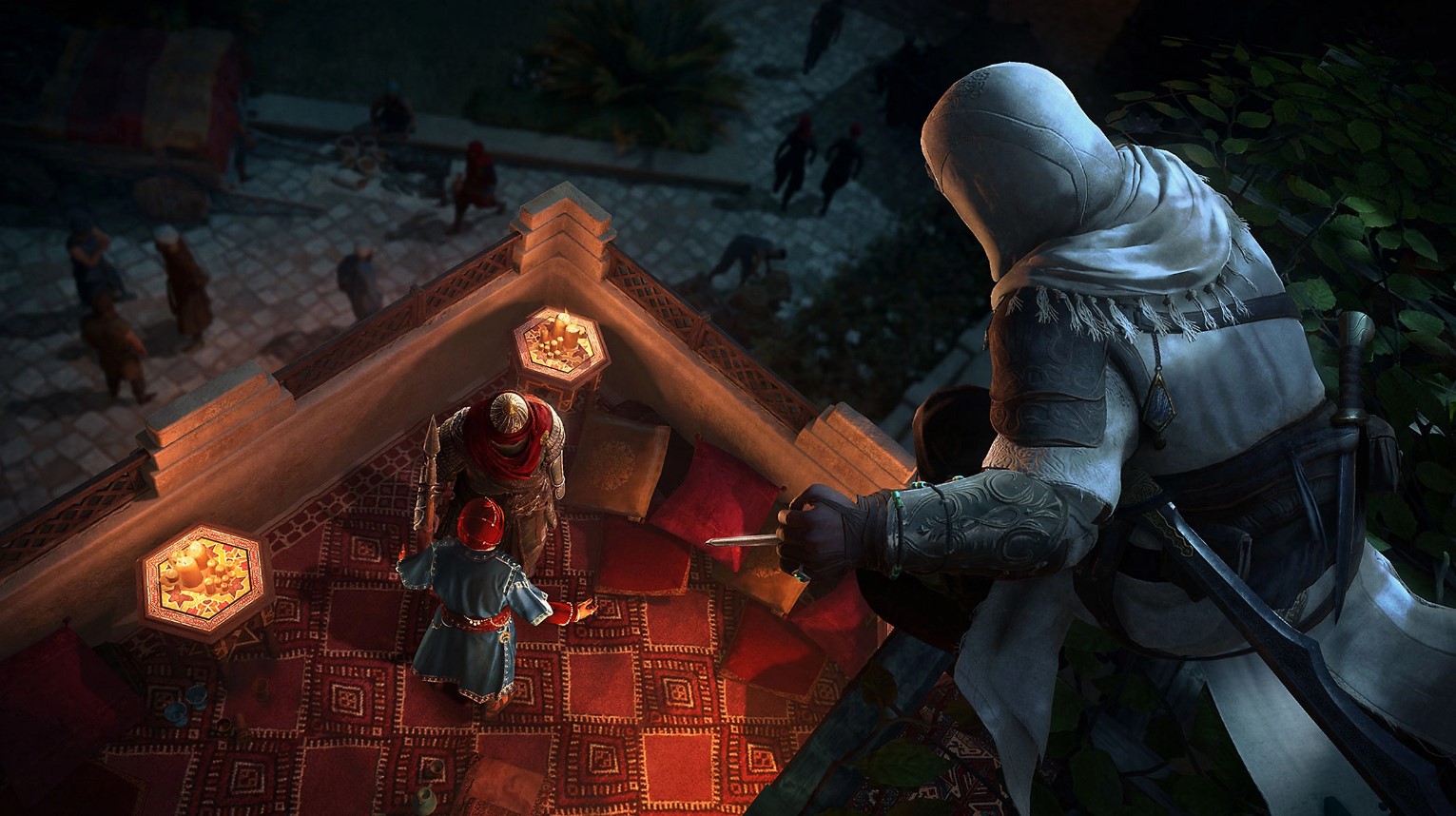
How do the side missions fit in with the larger narrative? Do they connect in some way, or will they have completely separate stories to tell?
Sarah Beaulieu: What we wanted to do with the Contracts was, first, we want to feed the narrative about belonging to the Hidden Ones because that’s something that really is core to Basim’s character and the way he evolves and the choices he’s going to make at some point. They rely on how he became a Hidden One, slowly, and how much he thinks he belongs to this community or not. That’s the whole thing.
So, that was one thing. The other thing that we wanted to do is fit into the world. We have missions a little bit like the World Events, if that’s familiar to you, if you played Valhalla, what we called World Events we have in Mirage and we call that the “Tales of Baghdad.” These are little events that you explore as you wander the city. We wanted to make sure that this would fit the world in some way, so you can learn something about who was living there at that time or that you would feel Basim’s characterization. So, for example, how is Basim going to react if he encounters these kinds of people? What happens as Basim is evolving?
Those were our pillars for side missions, Contracts, etc. What we wanted to make sure of was, even though you have some light moments – not funny moments, though some moments are funny – in Mirage, the tone is pretty dark because we’re telling a tragedy. So, we knew the tone was not going to be funny, and one of the things we didn’t want to do was have some goofy moments. Moments where things feel a little bit out of place. The story is not a funny story or a goofy story.
So, we have light moments, and there was also an opportunity to do that in the world events. Some moments that are not that dark where we could have a little bit of the smiling Basim because it doesn’t happen a lot. Again, it was important for us not to fill the world with missions or activities that were meaningless. It’s there for a reason, and also sometimes it just helps the player with mastering, and controlling Basim better through side missions, exploring other ways to do stealth, and stuff like that.
Assassin’s Creed Mirage started as DLC, as we’ve heard over the last few weeks or so, but can you talk about what post-launch support for the game looks like? Will there be more stories to tell in Mirage’s world?
Sarah Beaulieu: Currently, we don’t have any post-launch plans. We don’t have any DLCs planned for Mirage. That’s all I can say.
Lastly, is there anything else you’d like to add about Assassin’s Creed Mirage or the franchise as a whole?
Sarah Beaulieu: Something I’d like to add… At this point, we’re tired as a team [laughs]. But we’re also very excited. There’s a bunch of different emotions. Worried, obviously, because it’s always a big moment, the release of a game, but in Mirage’s case, it’s special. We feel like we have a responsibility because the community is there. The community is important, and we never ignore the community. We’re doing our best, so I really hope, personally, that people will love what we did and that they will connect with Basim’s character as much as I did. I hope that they will enjoy the world, the work that was done by the artists and the sound designers, who did an amazing job. I can tell you, it’s not a spoiler that the soundtrack is absolutely amazing.
Assassin’s Creed Mirage launches October 5, 2023, for PC, PlayStation 4, PlayStation 5, Xbox One, and Xbox Series X | S.
This interview with Ubisoft Bordeaux for Assassin’s Creed Mirage has been edited for clarity.


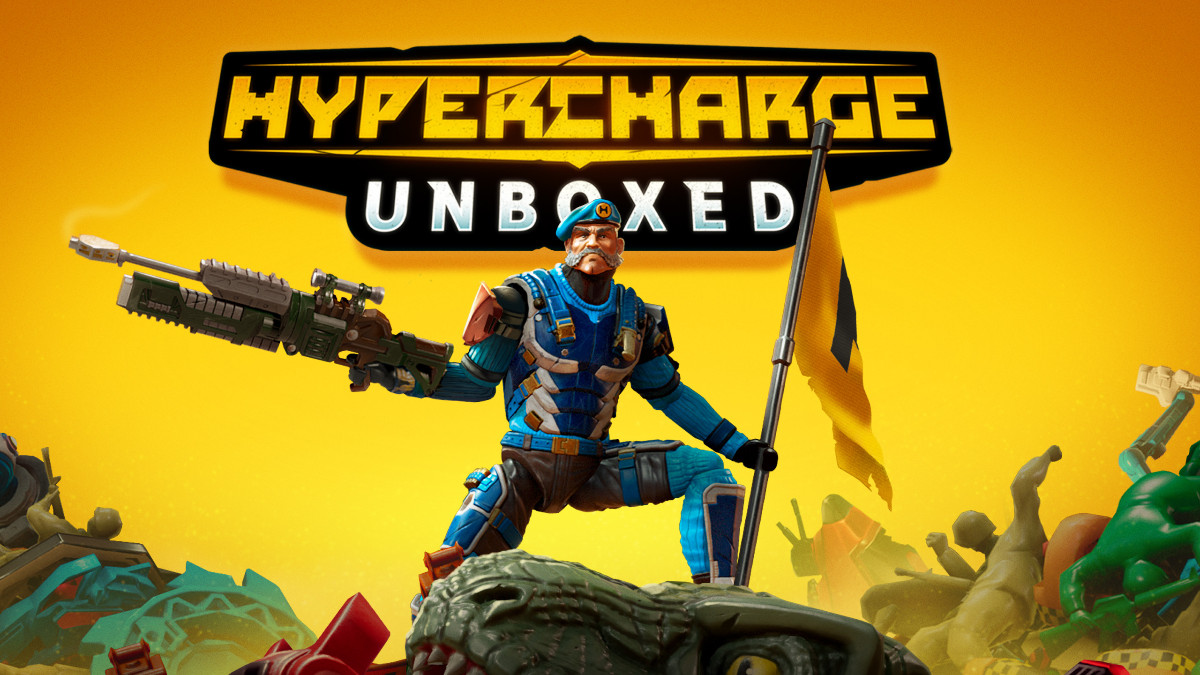



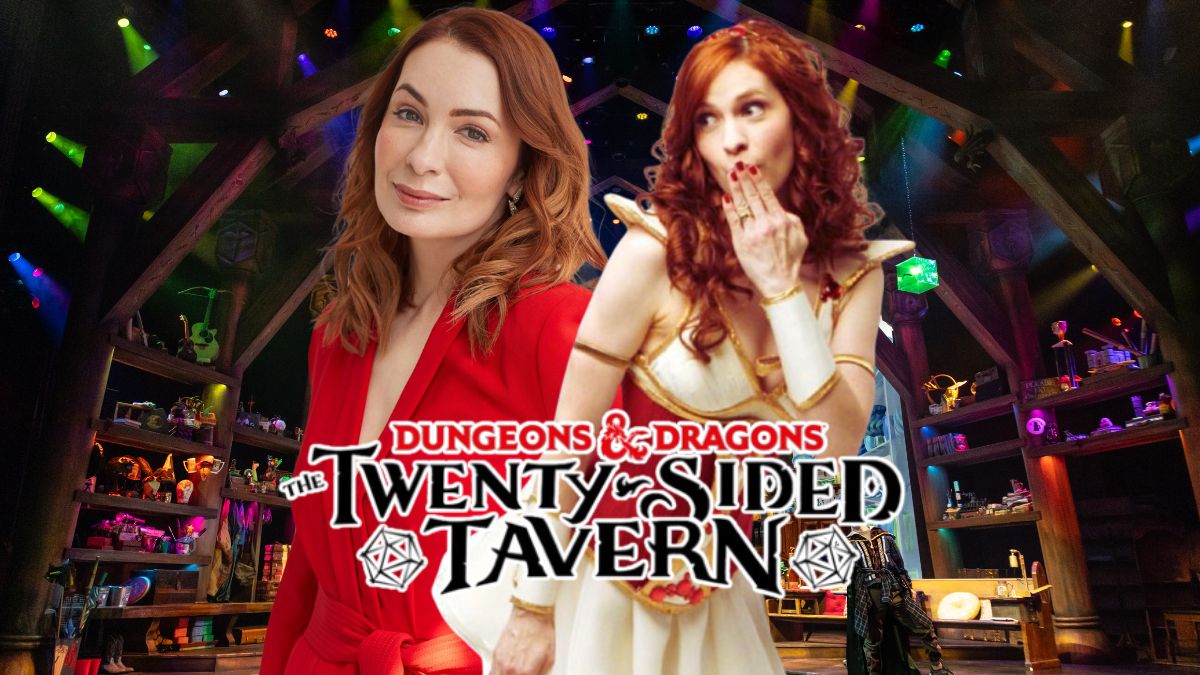

Published: Sep 12, 2023 4:50 PM UTC